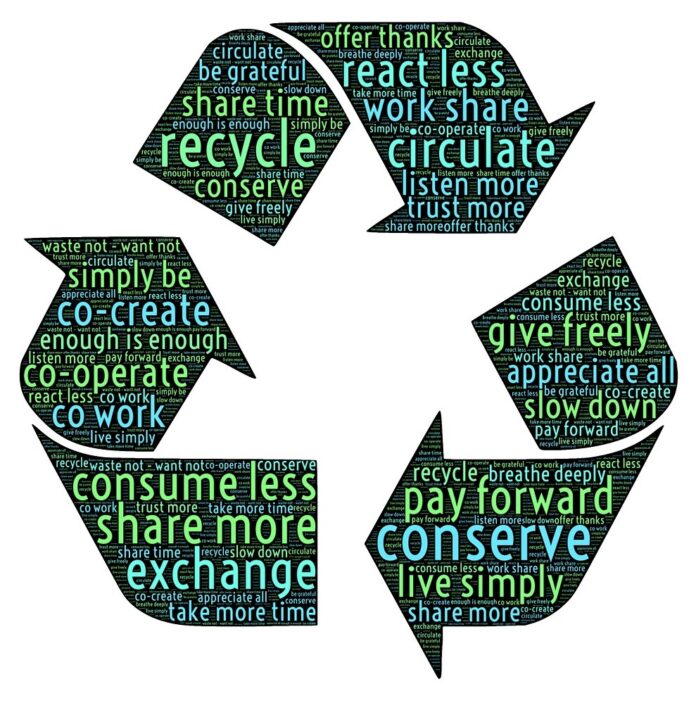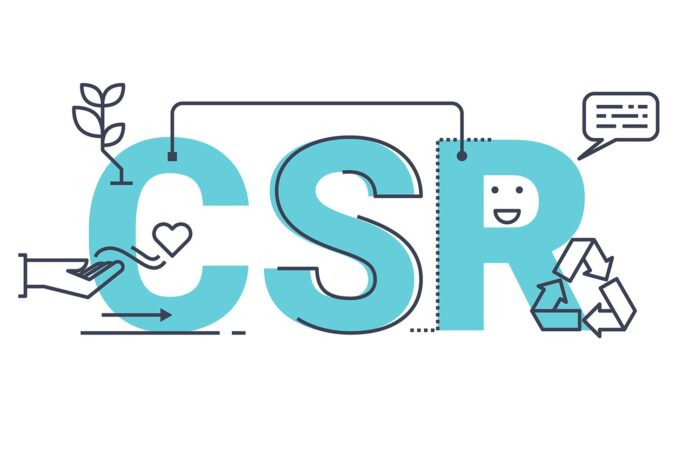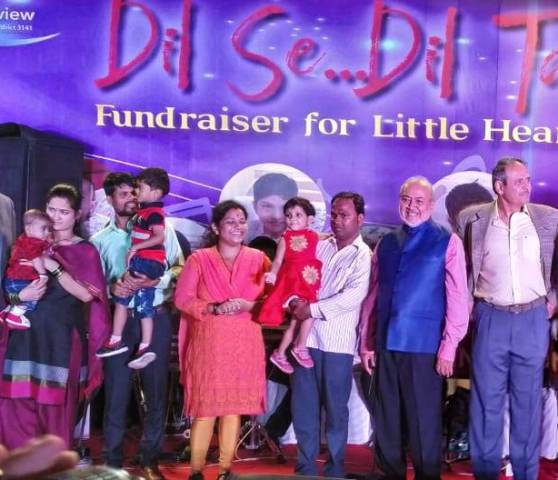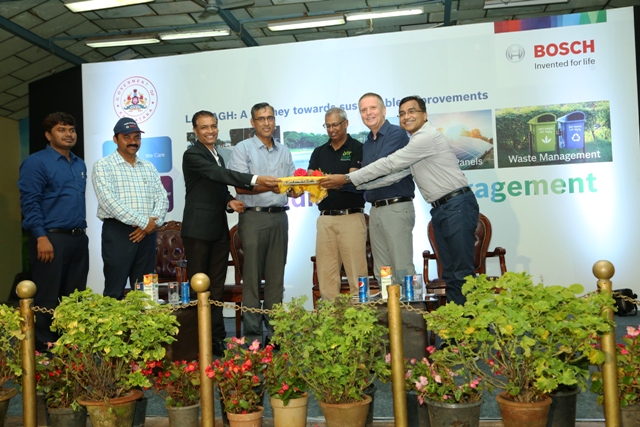The land of Barsana, two hours’ drive south of New Delhi, is sacred to those who practise bhakti yoga. It is home to people who have been brought up to make spirituality their life’s focus, to imbibe the qualities of selflessness and loving service.
However, these very people do not have the best healthcare systems. Many of them need glasses as they cannot see, or need dental treatment as they cannot eat. The Barsana Dental and Eye Camp provides relief for thousands of villagers in the area at least once a year, and Vinay had come to help out at the dental camp.
The dental camp turns an ashram building a few minutes’ walk from the famous Sriji temple into a pop-up dental clinic for the week. Weeks before the camp, a few of the volunteers go around to the neighbouring villages, advertising the opportunity the villagers have to improve their health. The camp begins at eight in the morning, but by 4 a.m., there is already a queue of hundreds waiting for their chance to get their problems addressed.
As the camp starts, a few dentists do a brief assessment of patients, giving them a signed sheet of the treatment they need. Patients are sent to departments accordingly. Some need fillings, others need teeth extracted and a few need a full set of upper and lower dentures.
Vinay told me, ‘I was helping in the area that deals with making these dentures for elderly patients. After begging and convincing my professors in London, I had been given permission to take some time out from my course to attend the camp. Up until this point, I had never even made a denture, let alone the forty we were about to make in a week.
I remember thinking that I wanted to match these colleagues, not just in the skill they had in dentistry, but the love they displayed to these materially poverty-stricken people who could give them nothing, but their heartfelt blessings.
‘I was guided by the qualified dentists on all the procedures, and was slightly embarrassed that I did not know the basic terms they were explaining. After a few practice sessions, I decided that I wanted to complete a set of dentures myself for a patient, working on all the stages from start to finish. That was when I met Nangu,’ Vinay continued.
‘Nangu was a seventy-two-year-old woman born and brought up in Barsana. She had never left the village, and lived a simple life tending to her cows and farm. Whenever she came to me she wore a modest purple sari, using a part of it to cover her head, and a tattered orange sweater. She lived in poverty, in a simple thatched house, which had few possessions, but it was obvious that she possessed a deeper wealth within her in the form of love for her goddess Srimati Radharani.
‘“I am a dental student from London,” I said to her in my broken Hindi. “I am here to make you a set of dentures. Would you like that?”
‘She nodded and spoke about her problems in having to eat without any teeth. You could see the appreciation in her eyes and what having teeth would mean to her. She was radiant and showered me with her grandmotherly love. Because we had lab technicians on site, a process that would normally take months was shortened to just three days. On the third day, it was time to hand the dentures over to Nangu.
‘As she walked back into the room, you could feel the anticipation within her. It was like a child excited to open their presents at Christmas or Diwali. I tried the upper denture in her mouth first and then the lower. I was heartbroken at what I saw. Her lower teeth were in front of her upper teeth. “What shall I do?” I pestered one of the other senior dentists who was more experienced than I.
‘She is posturing forward. You need to let her get used to it,’ he said calmly whilst treating his own patient. After years of not having teeth, Nangu had got used to pushing her lower jaw forward to eat, but that could be corrected by helping her practise putting it in the right place. Thank God! I thought. Although this was volunteering and service, and there was no monetary pressure involved, I still felt great commitment to make sure Nangu got a good set of teeth. All I could think was, this woman is like my very own grandmother!
‘After some time, her lower jaw fell into place and the dentures came together,’ Vinay said.
‘I held her hand to help her get up from the garden chair she was sitting on. Again, this was a makeshift dental clinic! I slowly helped her get to a mirror that was hanging in the open courtyard next to the room. I told her to close her eyes as we walked. As she stood in front of the mirror, I told her to open them. For the first time in fifteen years she was seeing shiny new teeth. She tapped her teeth together, cautiously trying to get used to her bite. Tears were streaming down her face as she moved closer to the mirror, wiping away some of the dust that covered it. I could not help but cry too.
She sat on the stairs next to the mirror and I squatted down next to her. She stroked my hair with affection and I folded my hands to receive her blessings. “What does this mean to you?” I asked her. “It means that I can eat and chew properly. It means that my stomach can be filled at night,” she said as she smiled and her eyes glistened. It was a heart-touching moment for me, to know that my service had added some value to her life.’
Seva
So what is driving Vinay to serve? What is driving all the people who apply spirituality in their life to help others? When we connect to ourselves and with the divine, our understanding, values and paradigms transform. When we practise spirituality sincerely, we obtain a higher perspective of life. We understand that living for ourselves has the potential to satisfy the mind and senses, but not the deep core of our hearts.
When we live superficial lives, dedicated to serving ourselves, we are like surfers: riding the waves, but not seeing what is beneath them. We may satisfy our own needs and concerns by doing so, but we will never be truly fulfilled.
However, when we practise spirituality, we become like divers: we submerge ourselves underneath the turbulent waves to find a pleasure much deeper, beyond hedonistic ideals. That profound joy is only possible when one feels love to serve others. And how is that love maintained? Through being connected to God through spirituality.
Excerpted with permission from Penguin Random House India from the new book, Life’s Amazing Secrets by Gaur Gopal Das.
 The author has been travelling the world since 2005, sharing his wisdom with corporate executives, universities and charities. In 2016, his global popularity exploded as he took his message online. With millions of views on his videos on social media, he has now begun to lead a movement to help others achieve happiness and purpose in their lives. Now one of the most famous monks in the world, Gaur Gopal Das holds the title of ‘The Ideal Young Spiritual Guru’, conferred upon him by the Indian Student Parliament, MIT Pune.
The author has been travelling the world since 2005, sharing his wisdom with corporate executives, universities and charities. In 2016, his global popularity exploded as he took his message online. With millions of views on his videos on social media, he has now begun to lead a movement to help others achieve happiness and purpose in their lives. Now one of the most famous monks in the world, Gaur Gopal Das holds the title of ‘The Ideal Young Spiritual Guru’, conferred upon him by the Indian Student Parliament, MIT Pune.
Views of the author are personal and do not necessarily represent the website’s views.
Thank you for reading the column until the very end. We appreciate the time you have given us. In addition, your thoughts and inputs will genuinely make a difference to us. Please do drop in a line and help us do better.
Regards,
The CSR Journal Team
Subscribe


















